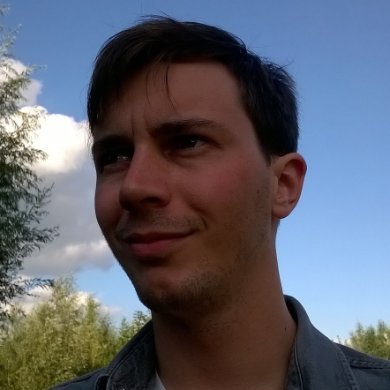
Biohacking is a strange beast. Since the early beginning, biohacking has shown to be continuously on the edge between exciting and scary; to be expected with so many faces and angles. Globally, thousands of people are now participating and exploring new boundaries in biotech and, in extension, our bodies. The latest trends of genetic self experimentation and global open source biotech collaborations show that we have all but seen what biohacking has to offer.
In Belgium, the biohacking scene is only really stepping into the spotlight during the last years. It is still finding its own identity and ways of organizing themselves. Especially the relationship with broader society is important in this stage: exploring relationships, collaborations and visions of a common future. The community biolab ReaGent has been at the forefront of this evolution.
ReaGent was founded in 2015 in Ghent by a group of friends, with a focus on education and biomaterials. From this community many projects spawned that seek to alter the way we do research, share knowledge and educate each other. One of them, Magma Nova is a design agency in biomaterials that is accelerating a glocal open ecosystem of production of mycelium materials. These materials, based on agricultural waste and fungi, stand to make our material use more sustainable.
Another, Open Insulin aims to develop the first open source protocol for human insulin. Ambitious, yet if successful would put pharma on its head. Rising insulin prices (some 1,000% in the last decade) have had disastrous and deadly consequences for the financially less fortunate. An open source production protocol would allow prices to plummet, as production costs are only a fraction of the price, and set an example of a future in which healthcare is undistorted by financial incentives.
Although they are technological projects in nature, both project teams have been exploring ideas of cooperatives and local productions to supplement the open knowledge sharing, locking in a positive impact for the end users. I’m looking forward to giving you an update of ongoing conversations during Open Belgium and having thoughtful discussions afterwards.



Share